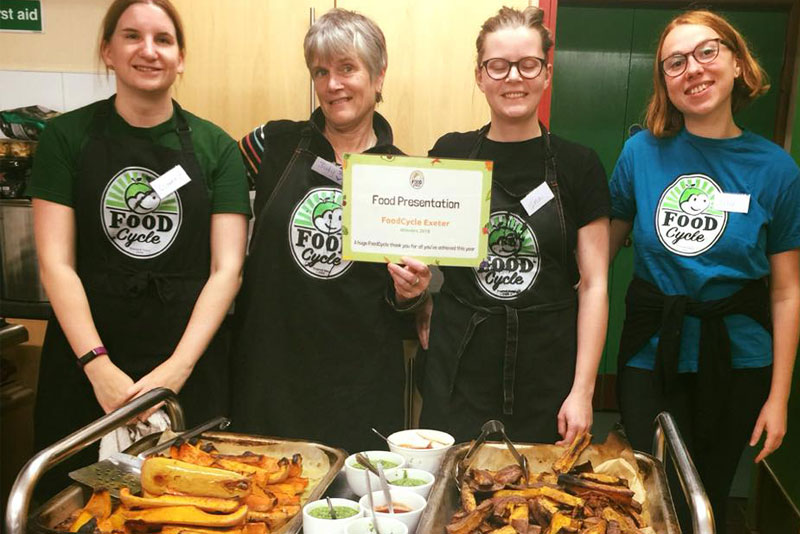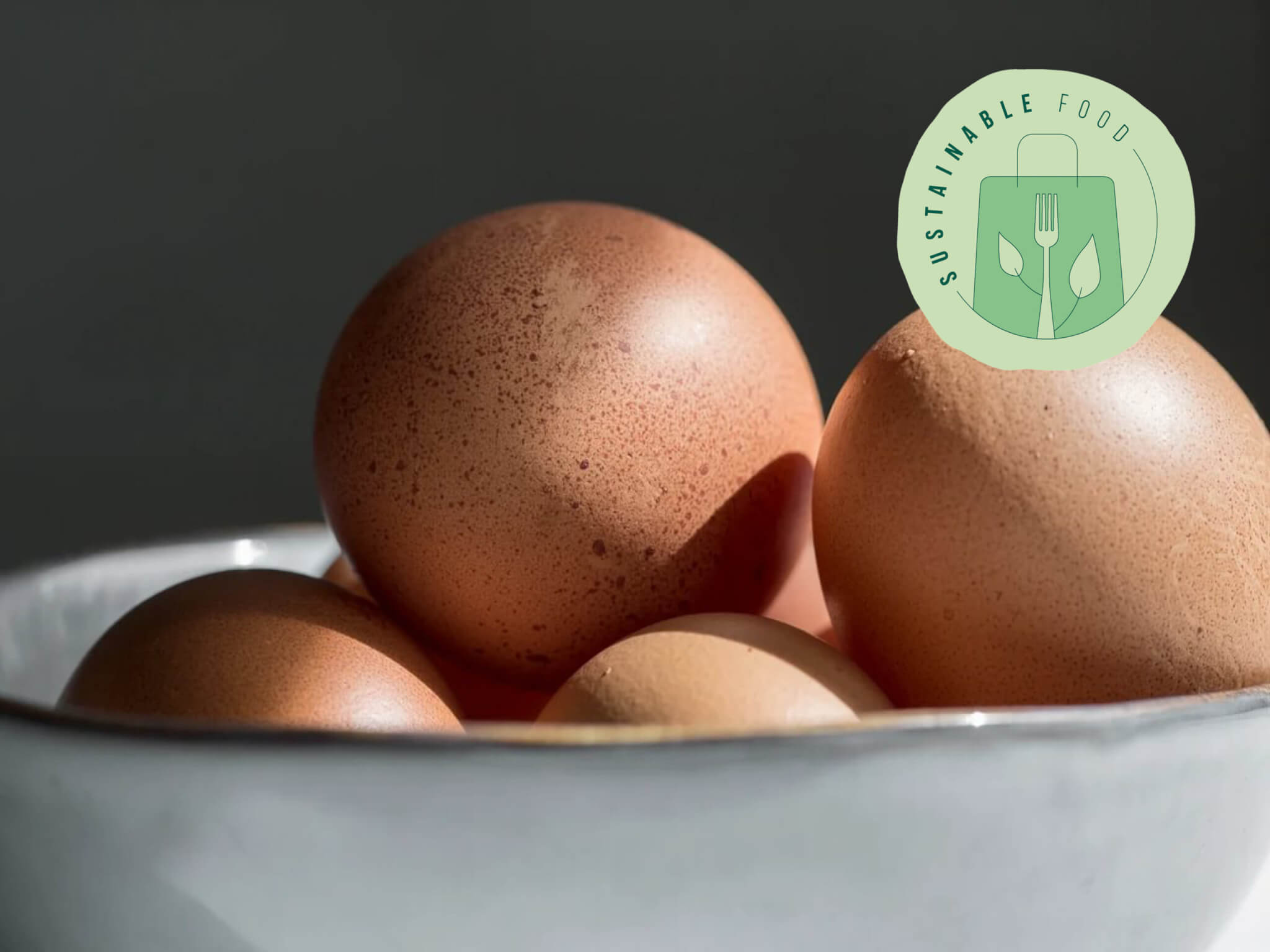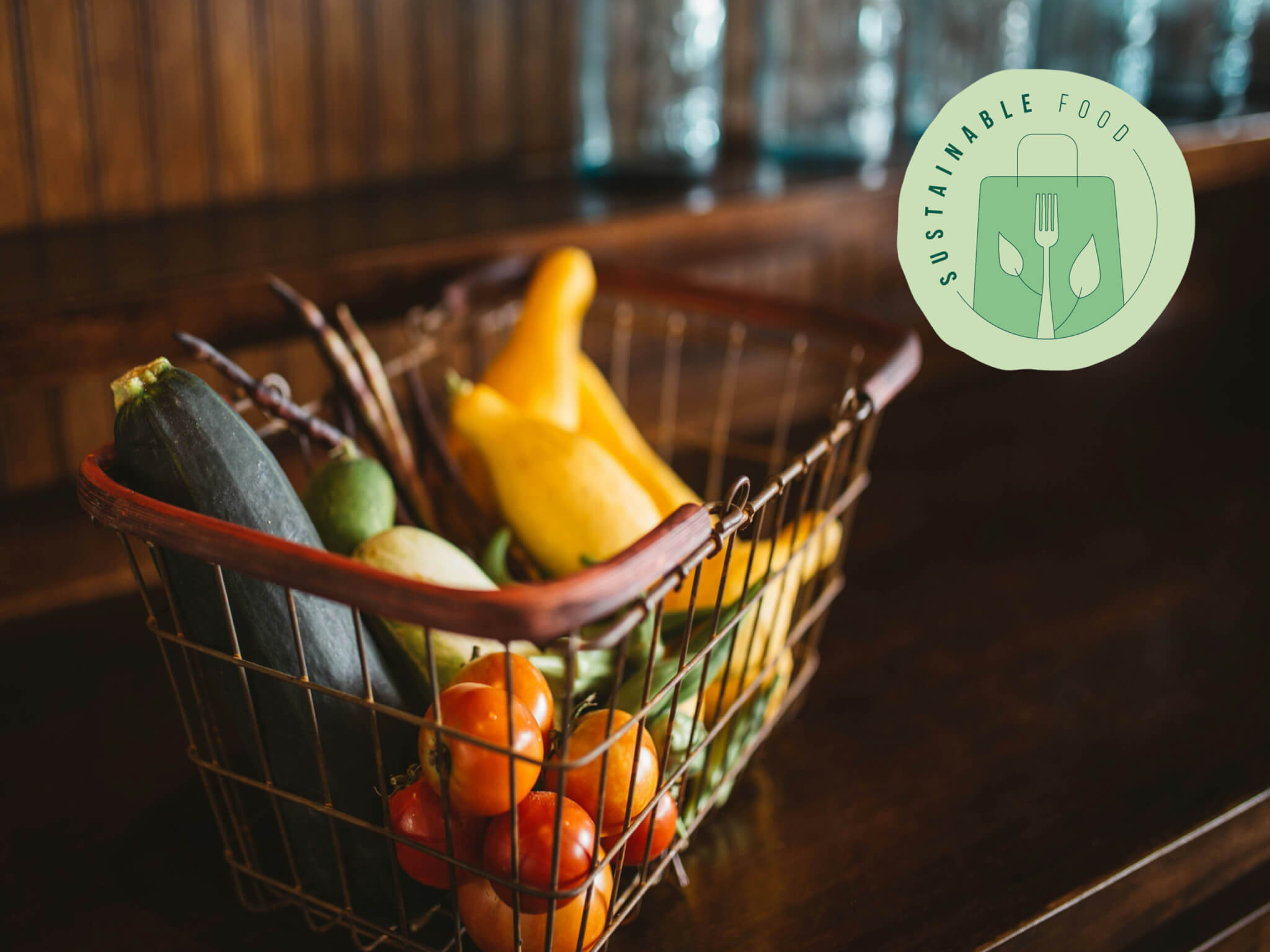
“Thank god for the ginger cake,” says Karen Hancock, as she crumbles it into a huge silver bowl of fruit salad. The cake is the finishing touch to a three-course vegetarian meal made using donated and surplus food, prepared by FoodCycle Exeter, a volunteer group that feeds guests from the local community and other areas of the city.
“90 per cent of guests are regular, and we know them all by name. It completely varies as to why they come,” says team leader Hancock, who is stirring red cabbage on the hob while directing other volunteers and welcoming the odd early guest. “Sometimes it’s social isolation, or they have no cooking equipment at home. We have one elderly gentleman who comes every week, and he only has a microwave and a kettle at home. When we had the snow at the start of this year, he was cooking eggs in his kettle, and then his kettle broke. Obviously, we all clubbed together and bought him a new one.”
FoodCycle’s official website says it supports people who are both hungry and lonely – two social issues that are seeing worrying upward trends. There are 1.4 million chronically lonely older people in England, according to charity Age UK, while the number of those aged over 75 who are living alone has risen by a quarter in the last 20 years.
Meanwhile the issue of food poverty has hit the headlines this year with evermore stark warnings, including an exclusive poll commissioned and published by the Independent newspaper that found one in 14 Britons has had to use a food bank. According to Oxfam, one in five people in the UK today are struggling to put food on the table and heat their homes and highlights the link between rising food aid and a failing social welfare system.
Hancock says she has seen numbers of guests rise, particularly of families who are struggling under the failed rollout of the new Universal Credit system, which has been criticised for delaying payments, plunging many into poverty. “We get a lot more families in now, from all sorts of backgrounds,” she says.
To the untrained eye, FoodCycle looks like any efficient catering operation. The difference being that not only do the cooks not know what ingredients they have until the day, but they also don’t know how many guests to expect – it can be anything up to 30, although the average is around 15. The meal is open to anyone, although its location just out of town means it often attracts people from the community. People sleeping rough do occasionally turn up, according to Hancock, but more often choose city centre shelters where most of the homeless services are located.
One of the first guests to arrive is elderly Nigel, who comes straight over to ask whether we can save him some oranges. “I absolutely love’em, I love’em,” he says, all gums and smiles as he tucks them carefully into a canvas bag he’s brought with him.
Sitting down at long trestle tables laid out for dinner, volunteers join the guests for dinner; FoodCycle brings people together not just for the food, but also the company. Another guest, Margaret, who lives on her own, takes two buses across the whole of Exeter to get to the meal. At the other end of the table is a Russian family, a young mother and two children, but the majority are elderly people who arrive alone.
First up is cream of cauliflower soup with a healthy kick of pepper, followed by a main course of root vegetable and potato gratin, with a side of cumin-roasted carrots and warming red cabbage sautéed with raisins.
All the food comes from donations from nearby businesses, including organic veg box company Riverford, farm shop Dart Fresh, and Lidl, which has a store next door. A couple who recently emigrated donated their entire condiment and spice collection, which was particularly welcome, says Hancock, but the bulk of what is used is perishable fresh produce that was surplus to requirements or didn’t meet specifications.

Donations can be surprising, there are the usual potatoes and root veg typical of this time of year, but tonight’s fruit salad has an exotic edge with a mango and two boxes of Riverford’s organic persimmon, which spark curiosity among the volunteers. Some things are made in advance and frozen, such as bread sauce if there is a sudden delivery of bread, but most is made fresh on the day Ready, Steady, Cook-style, with prep beginning at 4 and guests arriving any time from 5.30pm.
“It’s a case of learning on the job. I’m not veggie and hadn’t cooked much veggie food before I started here,” says Hancock, who first came across food poverty while working for the NSPCC and speaking to children during outreach programmes in schools. She’s been with FoodCycle Exeter since it began around three years ago and gives up every Tuesday to coordinate and host the meal. “I love cooking so that’s what got me interested, but now it’s about the people,” she adds.

Once the guests have gone, it’s all hands to the washing up and then cleaning and hoovering the borrowed dining room, a space in the local community centre.
Another volunteer, John, helps to split the leftover food not needed for cooking into bags for guests to take home. He has always been frustrated by food waste, he says, especially given the simultaneous problem of food poverty, which affects so many people.
Connecting food poverty with surplus food sounds so simple, and yet they remain two of the biggest crises in Britain’s food system. While there is a much bigger job to be done to change the economic and food systems behind those issues, for tonight at least, the loop has been closed.
Some names have been changed.










What an amazing project! Hats off to these people.
I hate food waste and make it a priority to use leftovers and everything possible.
Being able to do it well comes with experience and being confident in the kitchen.
Thank you for reporting on this, it has got me thinking….